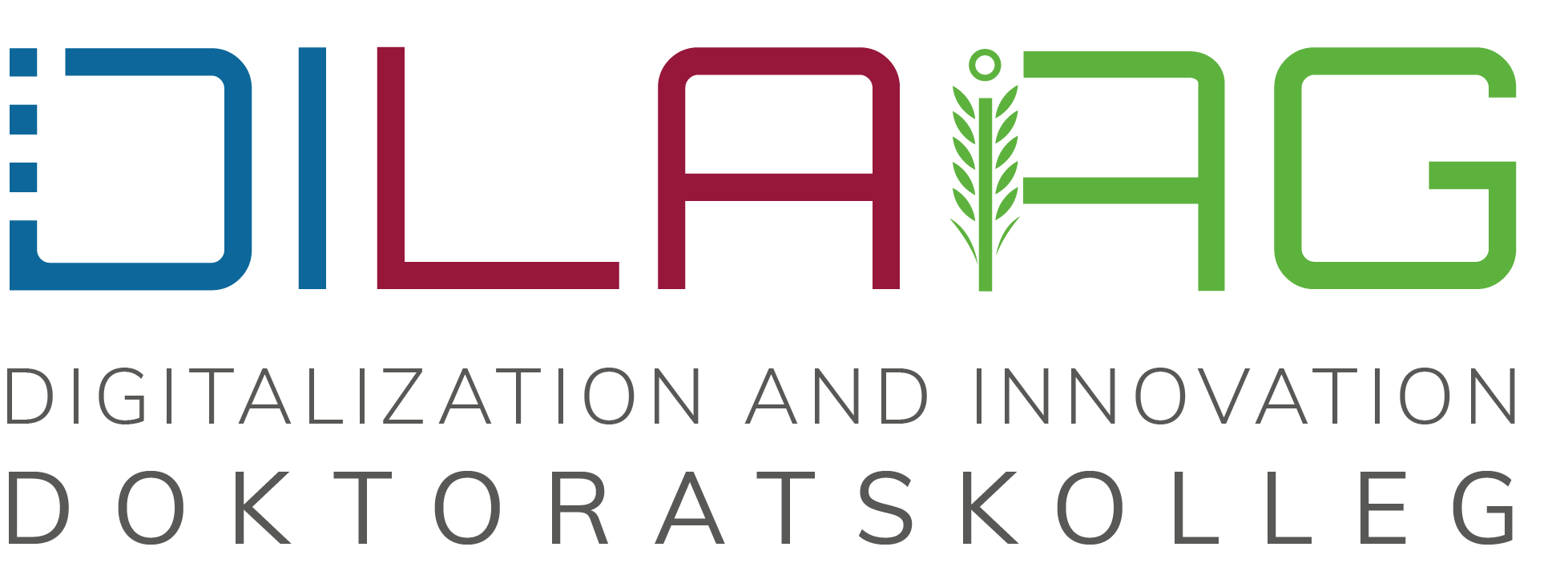Project Consortium

University of Natural Resources and Life Science, Vienna (BOKU)
The University of Natural Resources and Life Sciences positions itself as a teaching and research center for renewable resources, which are necessary for human life. It is BOKU’s objective to help make a considerable contribution to conserving and protecting resources for future generations by providing diversity in its fields of study. By connecting natural sciences, engineering and economic sciences, we wish to increase knowledge of the ecologically and economically sustainable use of natural resources to provide a harmoniously-cultivated landscape.
Division of Agricultural Engineering (ILT)
Project coordination will be implemented by the Institute of Agricultural Engineering. As part of the Department of Sustainable Agricultural Systems at the University of Natural Resources and Life Sciences Vienna, the Division of Agricultural Engineering is engaged in research and teaching, which is conducted in Vienna, Tulln and Groß-Enzersdorf. The division’s objective is to develop innovations based on sustainability by incorporating ” high-tech” and digitalization into agricultural processes. For this purpose, newly developed methods, machinery, equipment and constructions for diverse areas of application are being analyzed and evaluated. The Division of Agricultural Engineering is committed to locally-adapted and efficient agricultural engineering. The innovative technologies developed at the division are intended to promote ecologically, socially and economically-balanced production processes.
Division of Agronomy
The Division of Agronomy, which is part of the Department of Crop Sciences at the University of Natural Resources and Life Sciences, Vienna, has its research focus on the sustainable production of arable crops, product quality and the environmental relevance of their production. In particular, it investigates the development of optimal production methods for the Pannonian climate; growth and yield formation of alternative crop species and mixed crops as well as plant roots; their morphology, physiology and function with regard to water, nitrogen and phosphorus demand. The division consists of three working groups and is headed by Prof. Dr. Hans-Peter Kaul. The experiments are carried out on different scales: in the laboratory, in the greenhouse and in the field. The experimental areas are in Tulln and Groß-Enzersdorf.

TU Wien
The Institute of Information Systems Engineering (ISE) at the TU Wien is the largest scientific institute for information and communication technology in Austria. The institute provides foundational and advanced techniques, algorithms, design and engineering approaches to model complete lifecycles of data-intensive and distributed information systems. Such information systems play a vital role in many forms of organizations, and act as a facilitator and enabler for the digitalization of personal and social spaces. The Institute’s research focus includes software and data engineering, semantic technologies, algorithm optimization, machine learning and decision support. The institute has many years of experience as a coordinator and partner in national and international basic and applied research projects.

University of Veterinary Medicine, Vienna
As one of the world’s leading veterinary universities, the University of Veterinary Medicine, Vienna (Vetmeduni), contributes its expertise to this consortium—particularly in the field of animal health management, represented by the Clinical Unit for Herd Health Management in Ruminants. In the field of herd health, the Clinical Unit is internationally renowned and networked with numerous important research groups in this field. Aspects of precision livestock farming (PLF) are among the department’s research priorities. Additionally, several FFG-funded projects have been carried out and published by the Clinical Unit. Further expertise in the field of the assessing of animal welfare and applying PLF technologies is offered by Vetmeduni’s Institute for Animal Welfare Science. The Vetmeduni has an additional site in Lower Austria, VetFarm Kremesberg, which has provided the corresponding infrastructure from previous PLF studies as well as the animal numbers required for application-oriented studies.
Sponsors

Lower Austria
All regions and countries in the world are in some way addressing the issue of digitization. Digitalization is already a reality that brings with it opportunities and challenges. With the slogan “Use the digital transformation. For country and people.” Lower Austria is facing up to these changes and is pursuing a clear strategy and a multitude of measures resulting from it in order to make the best possible use of the many opportunities that digitalization brings with it.
Lower Austria is a federal state with a very high share of agricultural land and production. In order to use digital technologies optimally in agriculture, Lower Austria supports the project “DiLaAg – Digitisation and Innovation Laboratory in Agricultural Sciences” at the University and Research Centre Tulln (UFT).

Forum Morgen Private Foundation
The purpose of the Forum Morgen, which operates on a non-profit basis, is to promote science and tertiary education as well as art and culture, particularly in the European context, through cooperation with universities, scientific and research institutions and cultural institutions, scientific research and advice on the future and development opportunities of the Federal State of Lower Austria.
